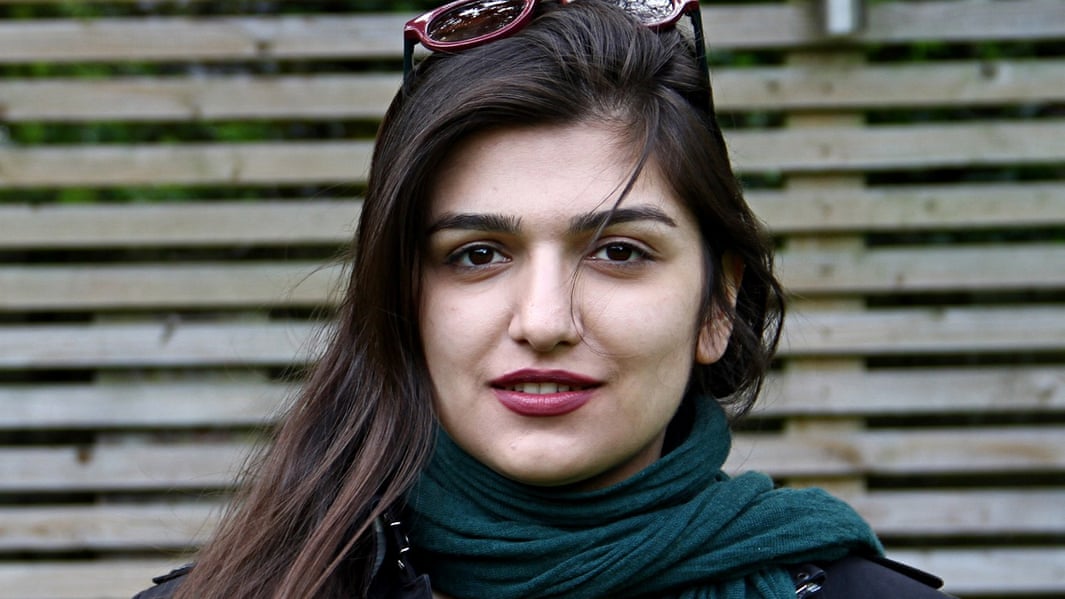Goncheh Ghavami has been pardoned for the ‘crime’ of standing peacefully outside the Azadi Stadium asking to be allowed to watch Iran’s volleyball team play against Italy. Her protest – along with some other activists – challenged the longstanding ban in the Islamic republic against women attending big sporting events alongside male fans.

Although she is not going to face any more jail time, she is still subject to a travel ban.
The Guardian newspaper suggests that “although it is not clear what prompted the judiciary to change its course over the Ghavami case, many campaigners point to a high-profile objection by the international volleyball federation, which said it would not allow Iran to host international events while women were barred from stadiums”.
On Iran’s national women’s day – and linked to the exhibition now on in Qatar, this week’s not-altogether-serious posting is about ideas of beauty in the Qajar era, and how radically they changed: first because of Nasr al Din’s visit to Paris – a city he held up as an example of the horrors of life without a King; and secondly, in Tehran, after the Bakhtiari army removed the Shah.
Enjoy!